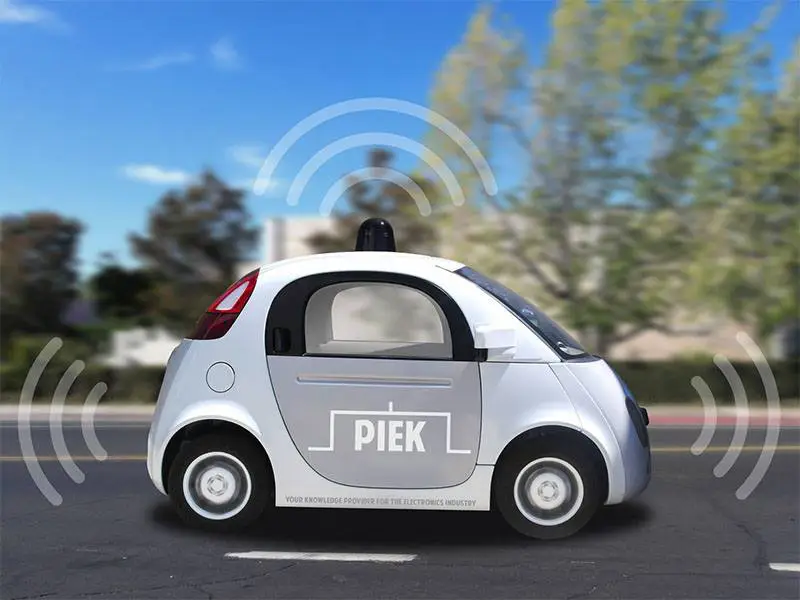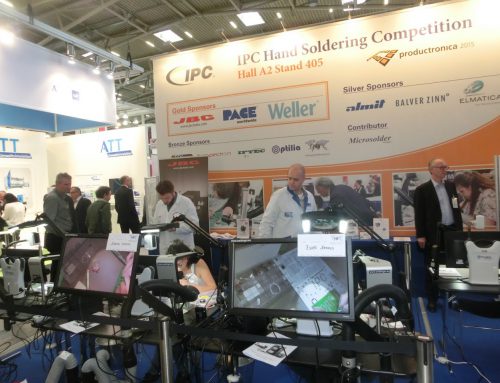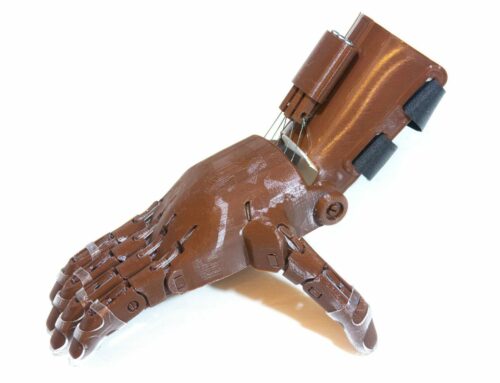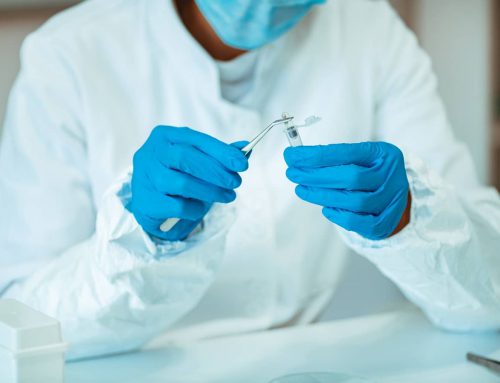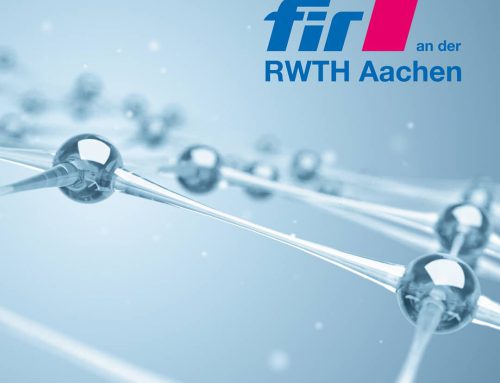The car industry is hard at work to develop the autonomously driving car and it has led to a constant stream of news items. The first accidents with the self-driving car have already been reported too. Still, the ride is said to be relaxed. You just get in, put on the safety belt and tell the car where you want to go. The car then does the rest. This begs the question: who is autonomous? It is certainly not the driver. It is the machine, the car, and its pre-set algorithms that determine how you reach your destination.
There is the well-known Google car, and Tesla, Audi and other car brands are all in the process of steering their self-driving cars into traffic and having them thoroughly tested. Within a decade the autonomously driving car will be omnipresent, but the question remains: are we humans willing to relegate our power and decisions to a machine?
The automotive industry is seeing very rapid technical developments, and for a good reason. An increasing number of countries has said that they want to get rid of vehicles using fossil fuels in due course. Car manufacturers are also seeking cooperation with the electronics industry, exploring systems with non-fossil fuels and electrical systems. All this naturally requires a huge innovative power of the participants.
Participants from the technical connections industry state that the quality of the products being developed is primarily determined by the quality and educational level of the employees. As an educator in the electronics industry PIEK endorses this opinion. The IPC and PIEK courses it offers meet the most stringent standards and quality requirements set in the electronics industry. With excellently trained staff the products made cannot be but excellent as well.

